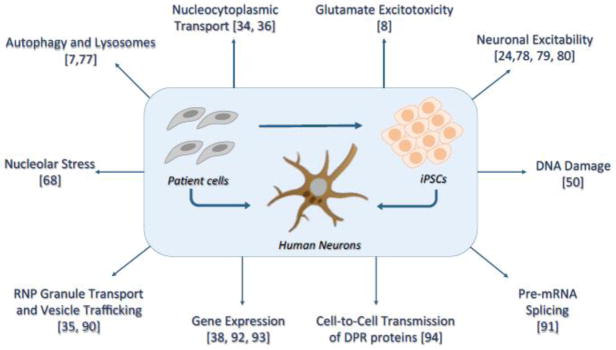Figure 4. Insights from C9ORF72 Patient-Derived Human Neurons.
Currently, patient-derived human neurons can be obtained by direct conversion of patient cells to neurons or by reprograming of the patient cells into induced pluripotent stem cells (iPSCs) followed by differentiation into neurons (iPSC-derived neurons). Several disease-relevant cellular phenotypes have been identified in studies of neurons derived from C9ORF72 patient. These include defects in autophagy and lysosome biogenesis, glutamate excitotoxicity, abnormalities in neuronal excitability, increased DNA damage, dysregulation of gene expression networks, vesicle trafficking defects, and nucleolar stress. In other instances, patient-derived neurons were used to confirm phenotypes observed first in other experimental systems. Examples include nucleocytoplasmic transport defects discovered in fly models, as well as pre-mRNA splicing and RNP granule transport defects and cell-to-cell transmission of di-peptide repeat (DPR) proteins discovered in other cell models.

